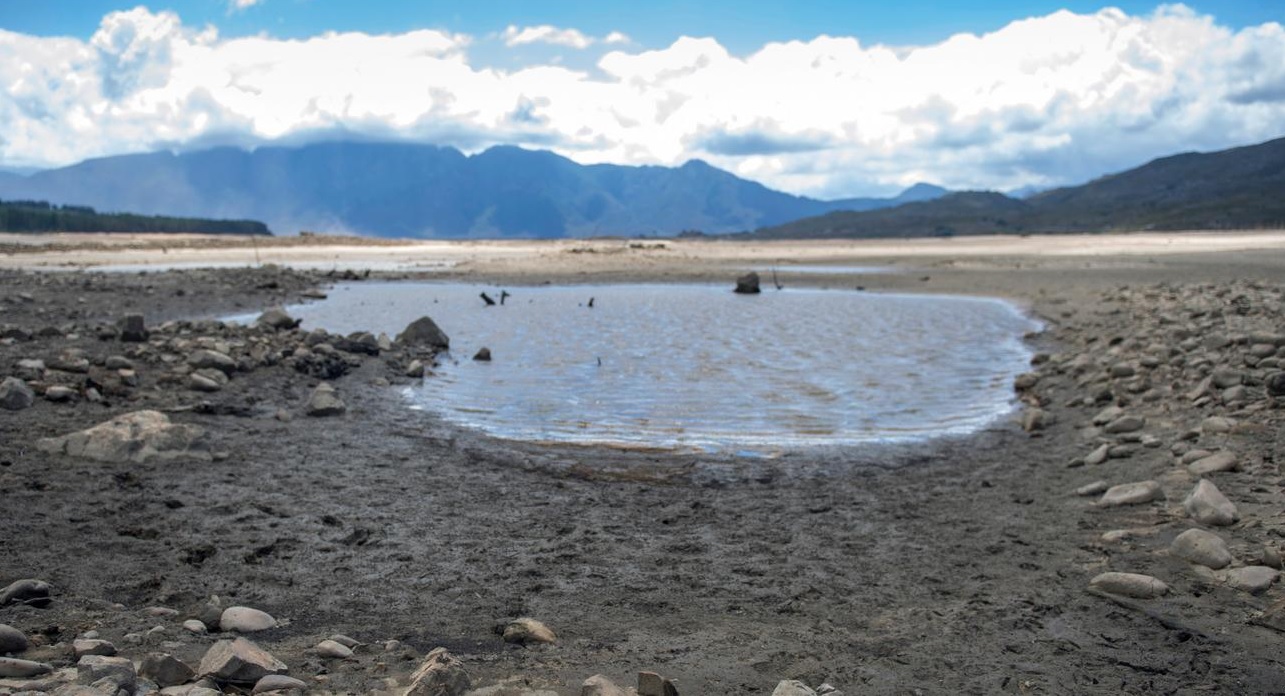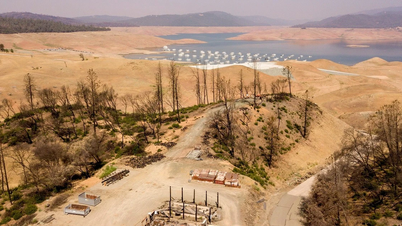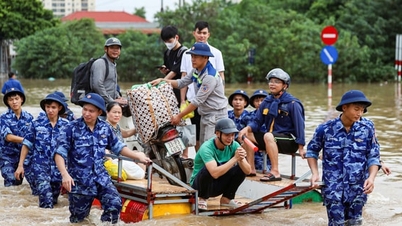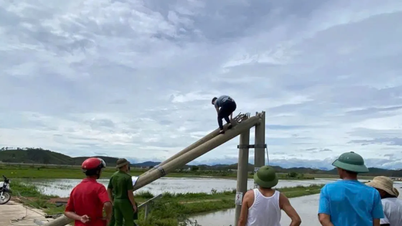An international team of researchers has reported that some of the world's most important freshwater resources – from the Caspian Sea between Europe and Asia to South America's Lake Titicaca – have been losing water at a cumulative rate of about 22 gigatonnes (1 gigaton = 1 billion tonnes) per year over nearly three decades.

Many large lakes around the world are drying up due to climate change causing global warming. Photo: AP
Fangfang Yao, a hydrologist at the University of Virginia who led the study in Science magazine, said 56% of the decline in natural lakes was due to climate warming and human consumption, with "the vast majority of them" warming.
Climate scientists often assume that dry regions of the world will become drier due to climate change and wet regions will become wetter, but research shows significant water loss even in wet regions. “This should not be taken lightly,” Yao said.
Scientists assessed nearly 2,000 large lakes using satellite measurements combined with climate and hydrological models.
They found that unsustainable human use, changes in rainfall and runoff, sedimentation and rising temperatures have caused lake levels to fall globally, with 53% of lakes showing decline between 1992 and 2020.

Cover of the latest issue of Science Magazine. Photo: Science
Nearly 2 billion people living in the dried lake basin are directly affected, and many areas have faced shortages in recent years.
Scientists and climate campaigners have long said that global warming must be kept to 1.5 degrees Celsius above pre-industrial levels to avoid the most catastrophic consequences of climate change. The world is currently warming at a rate of about 1.1 to 1.2 degrees Celsius.
Unsustainable human use has depleted lakes such as the Aral Sea in Central Asia and the Dead Sea in the Middle East, while lakes in Afghanistan, Egypt and Mongolia are being affected by rising temperatures, which could increase the amount of water evaporating into the atmosphere, research on Thursday found.
Bui Huy (according to Science, Reuters, CNN)
Source






![[Photo] Binh Trieu 1 Bridge has been completed, raised by 1.1m, and will open to traffic at the end of November.](https://vphoto.vietnam.vn/thumb/1200x675/vietnam/resource/IMAGE/2025/10/2/a6549e2a3b5848a1ba76a1ded6141fae)


































































































Comment (0)